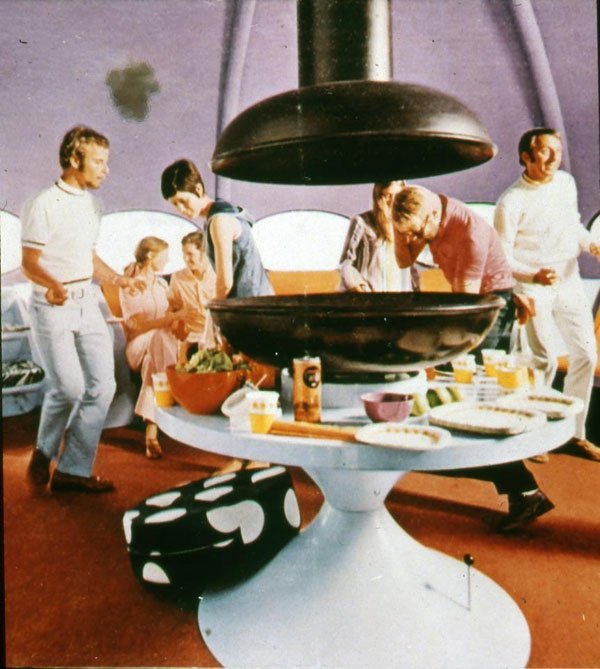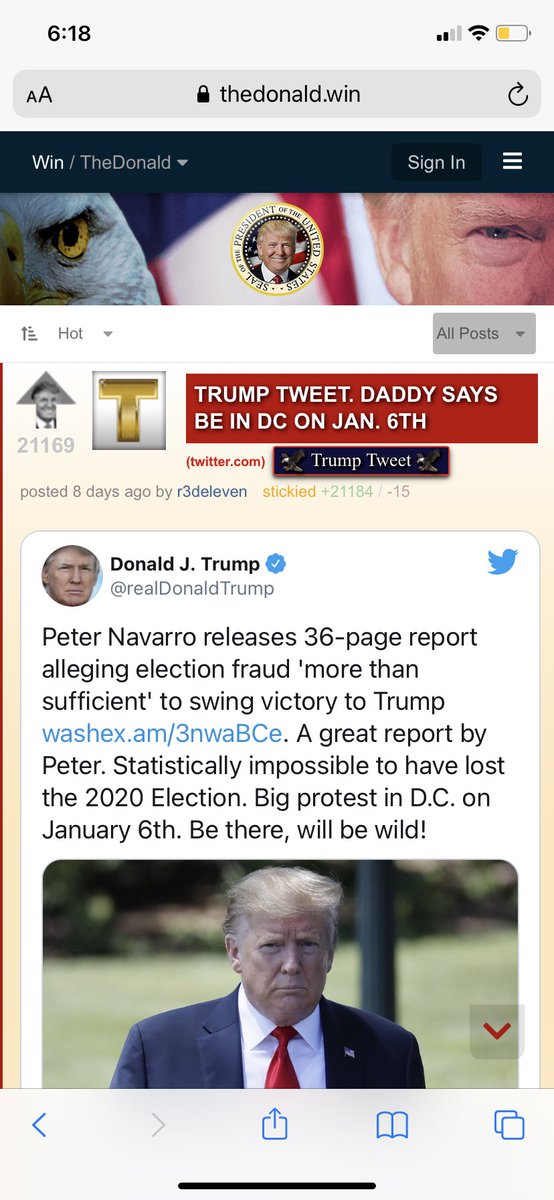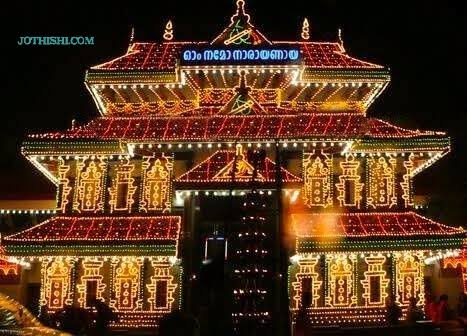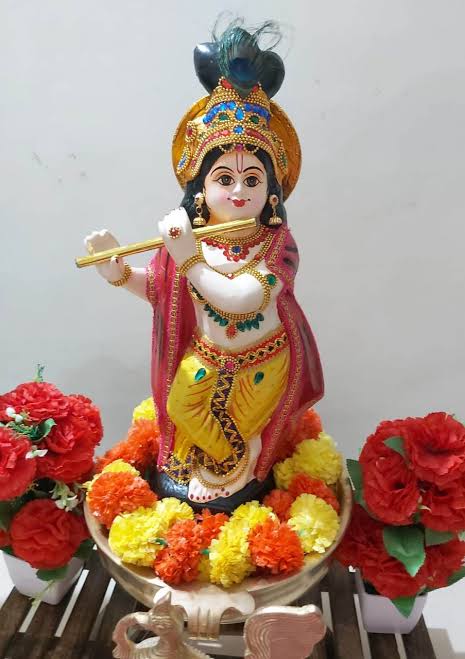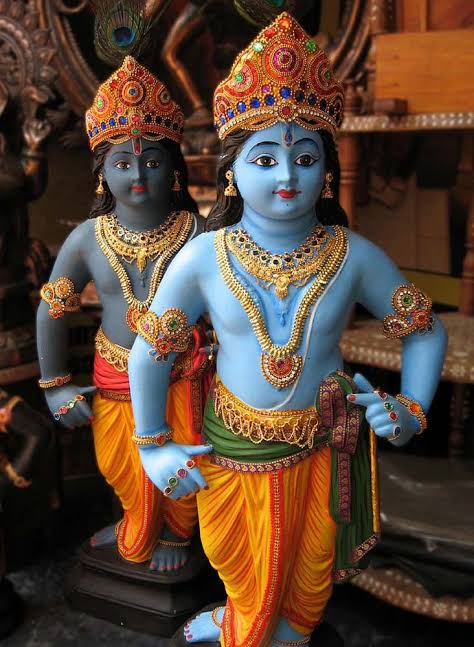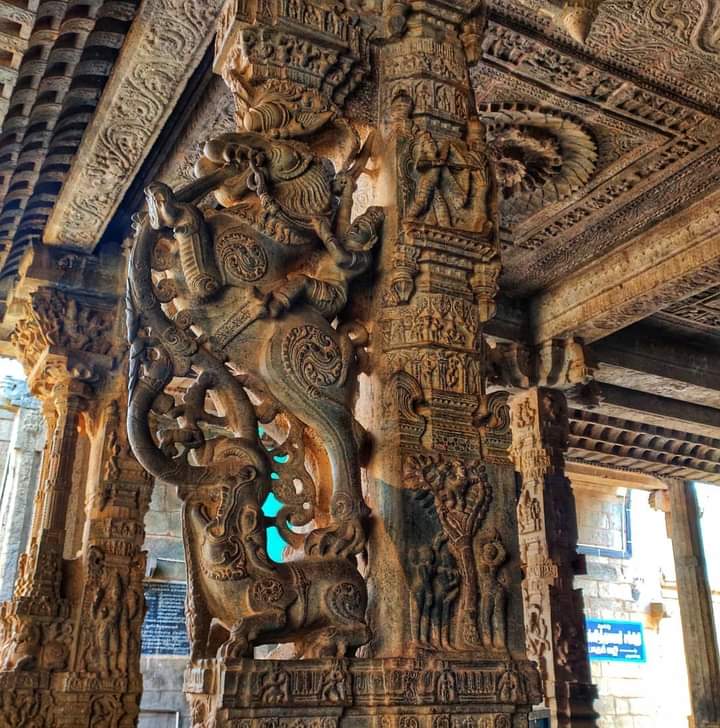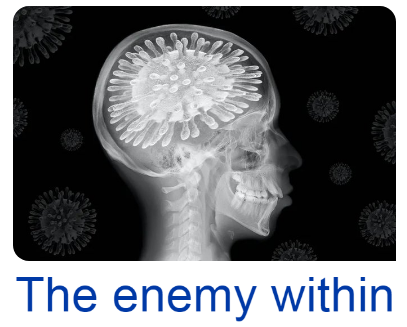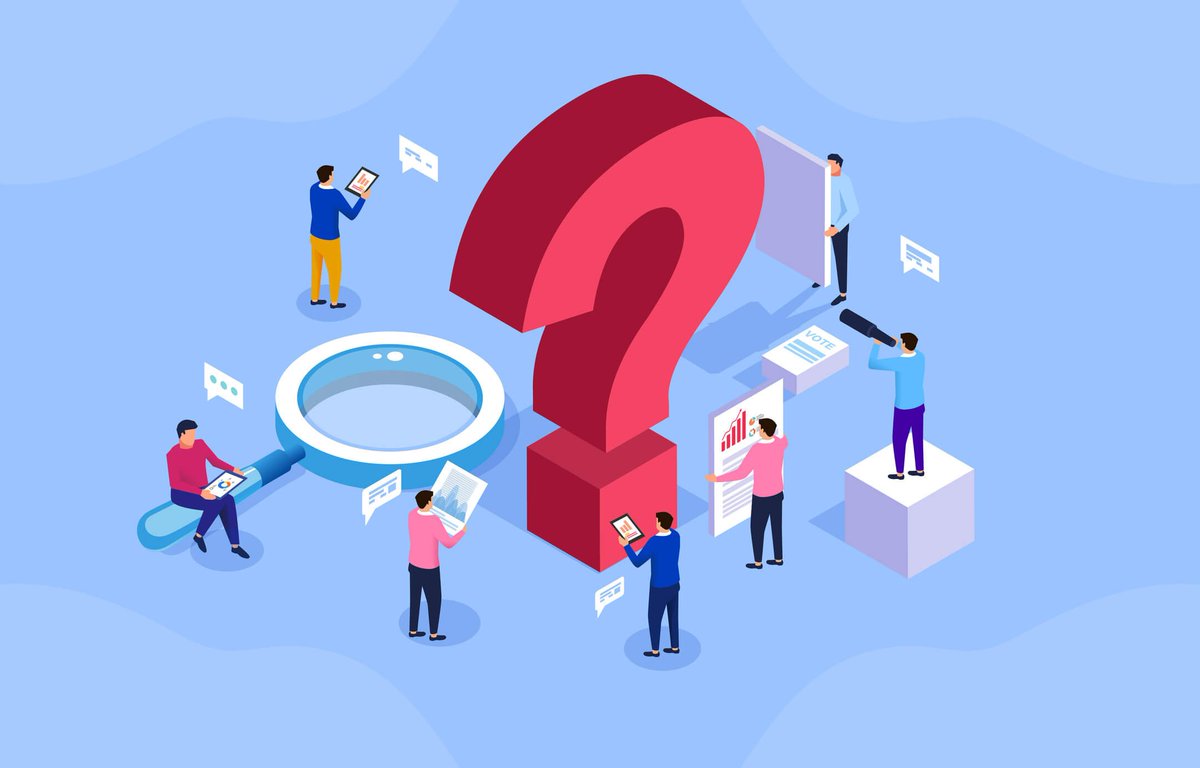1) The Soviet liberation of Auschwitz is a deeply symbolic event, but it is worth noting that allied forces were liberating Nazi camps until May of 1945. Unspeakable suffering and death continued for months
On this day in 1945 Soviet forces liberated Auschwitz-Birkenau. It was the largest concentration and death camp. 1.1 million people, 90% of them Jews, were murdered there. Today it is an international day of commemoration, to honor the memory of all victims of Nazi extermination.
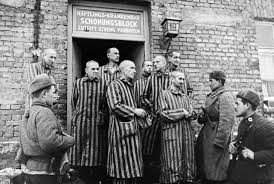
1) The Soviet liberation of Auschwitz is a deeply symbolic event, but it is worth noting that allied forces were liberating Nazi camps until May of 1945. Unspeakable suffering and death continued for months
The seeds for the Holocaust were laid long before Auschwitz was opened, and the Holocaust continued after its liberation.
Auschwitz, generally taken to be an adequate or even a final symbol of the evil of mass killing, is in fact only the beginning of knowledge, a hint of the true reckoning with the past still to come.
https://t.co/FuqXkJj1Zk
Most were executed across what is today Poland, Belarus, Ukraine, and the Baltic states. Few ever saw a camp
I wrote about this at some length the last time there was a controversy involving Anne Frank.
https://t.co/l1EI17uGiq
The Nazis didn't see themselves as the bad guys. Neither did the Germans who voted for them or the people who collaborated with them.
Ask yourself what you have in common with our persecutors.
Do you take ownership of your responsibility to oppose these forces?
More from History
You May Also Like
1/OK, data mystery time.
This New York Times feature shows China with a Gini Index of less than 30, which would make it more equal than Canada, France, or the Netherlands. https://t.co/g3Sv6DZTDE
That's weird. Income inequality in China is legendary.
Let's check this number.
2/The New York Times cites the World Bank's recent report, "Fair Progress? Economic Mobility across Generations Around the World".
The report is available here:
3/The World Bank report has a graph in which it appears to show the same value for China's Gini - under 0.3.
The graph cites the World Development Indicators as its source for the income inequality data.
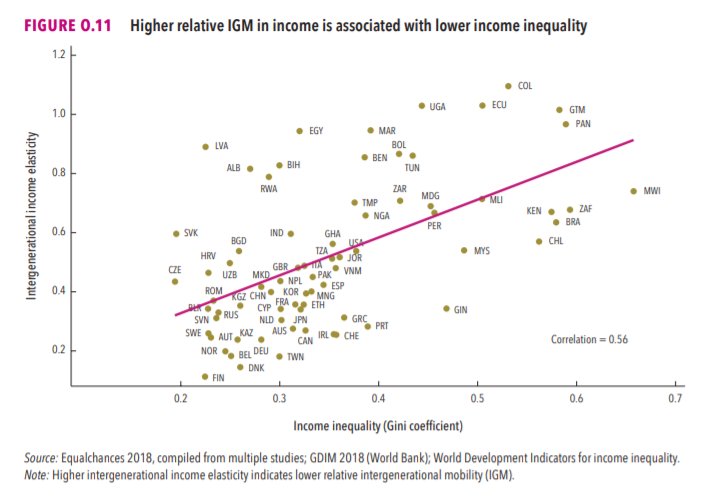
4/The World Development Indicators are available at the World Bank's website.
Here's the Gini index: https://t.co/MvylQzpX6A
It looks as if the latest estimate for China's Gini is 42.2.
That estimate is from 2012.
5/A Gini of 42.2 would put China in the same neighborhood as the U.S., whose Gini was estimated at 41 in 2013.
I can't find the <30 number anywhere. The only other estimate in the tables for China is from 2008, when it was estimated at 42.8.
This New York Times feature shows China with a Gini Index of less than 30, which would make it more equal than Canada, France, or the Netherlands. https://t.co/g3Sv6DZTDE
That's weird. Income inequality in China is legendary.
Let's check this number.
2/The New York Times cites the World Bank's recent report, "Fair Progress? Economic Mobility across Generations Around the World".
The report is available here:
3/The World Bank report has a graph in which it appears to show the same value for China's Gini - under 0.3.
The graph cites the World Development Indicators as its source for the income inequality data.

4/The World Development Indicators are available at the World Bank's website.
Here's the Gini index: https://t.co/MvylQzpX6A
It looks as if the latest estimate for China's Gini is 42.2.
That estimate is from 2012.
5/A Gini of 42.2 would put China in the same neighborhood as the U.S., whose Gini was estimated at 41 in 2013.
I can't find the <30 number anywhere. The only other estimate in the tables for China is from 2008, when it was estimated at 42.8.









